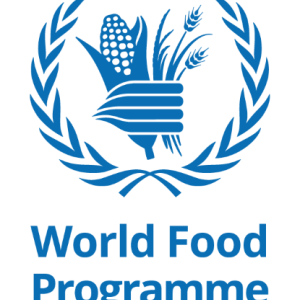Strengthening the leadership of persons with disabilities for an inclusive and sustainable future in Myanmar
03 December 2024
Statement from the United Nations in Myanmar
Yangon – On this International Day of Persons with Disabilities, we are reminded of the urgent need to elevate the leadership of persons with disabilities. The issue is not a lack of leadership ability, but a systemic failure to create opportunities for leadership experiences.
In Myanmar, an estimated 5.9 million people – 13 per cent of the population – live with disabilities. Among displaced and crisis-affected people, around 15 per cent are persons with disabilities, and around 40 per cent of households in these groups include one or more members with disabilities. Progress in advancing disability rights has been severely disrupted by the country’s ongoing crises.
As Secretary-General António Guterres has noted, persons with disabilities disproportionately endure the impacts of conflict, climate disasters, poverty, and inequality, exacerbated by persistent stigma, discrimination, and barriers to basic rights. Yet, they are often excluded from contributing to solutions.
Out of the 5.9 million people living with disabilities, nearly 3.5 million are women and girls and they face compounded risks. Women and girls with disabilities are two to four times more likely than other women to experience violence – a risk heightened during crisis. Children with disabilities are also acutely vulnerable, especially in accessing education. Among displaced populations, 60 to 90 per cent of children with disabilities do not attend any type of schooling. Additionally, the widespread use of landmines has tragically increased the number of people, including children, living with disabilities.
While continuing to support and assist all persons with disabilities, the United Nations in Myanmar prioritizes inclusivity for women and girls with disabilities by addressing structural barriers, preventing violence, and expanding access to sexual and reproductive health services. We also focus on children with disabilities by promoting inclusive school meal programmes, providing top-up cash assistance alongside humanitarian assistance for conflict-affected communities, and supporting people, including children, with mine risk prevention and response services, including survivor assistance.
The Convention on the Rights of Persons with Disabilities underscores the inclusion and participation of persons with disabilities in all aspects of society and highlights the need to address the intersecting discrimination faced by persons with disabilities.
The UN in Myanmar is committed to uphold the Convention and promote the meaningful participation and leadership of persons with disabilities and Organizations of Persons with Disabilities. We will continue advocating for inclusive participation at all levels of decision-making, ensuring accessible information and communication, and supporting capacity-building and awareness initiatives to challenge discriminatory attitudes. We will also support sustainable, accessible funding to enable our partners to implement action-oriented approaches that support all persons with disabilities.
To build a future where persons with disabilities are recognized not as individuals with “special needs” but as changemakers, peacemakers, and leaders, we must foster their participation and leadership and prioritise their voices so they can help shape Myanmar’s path to recovery and peace.







